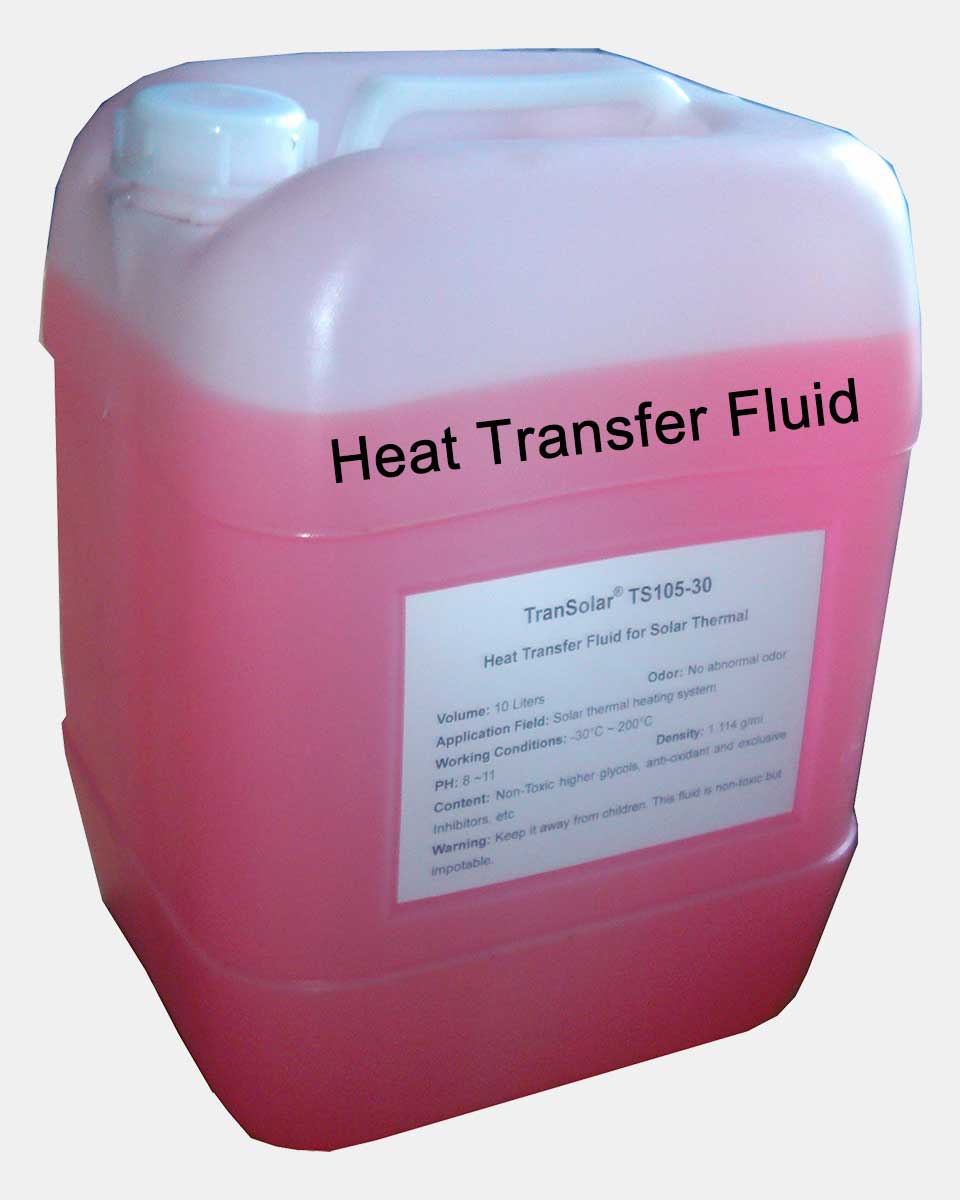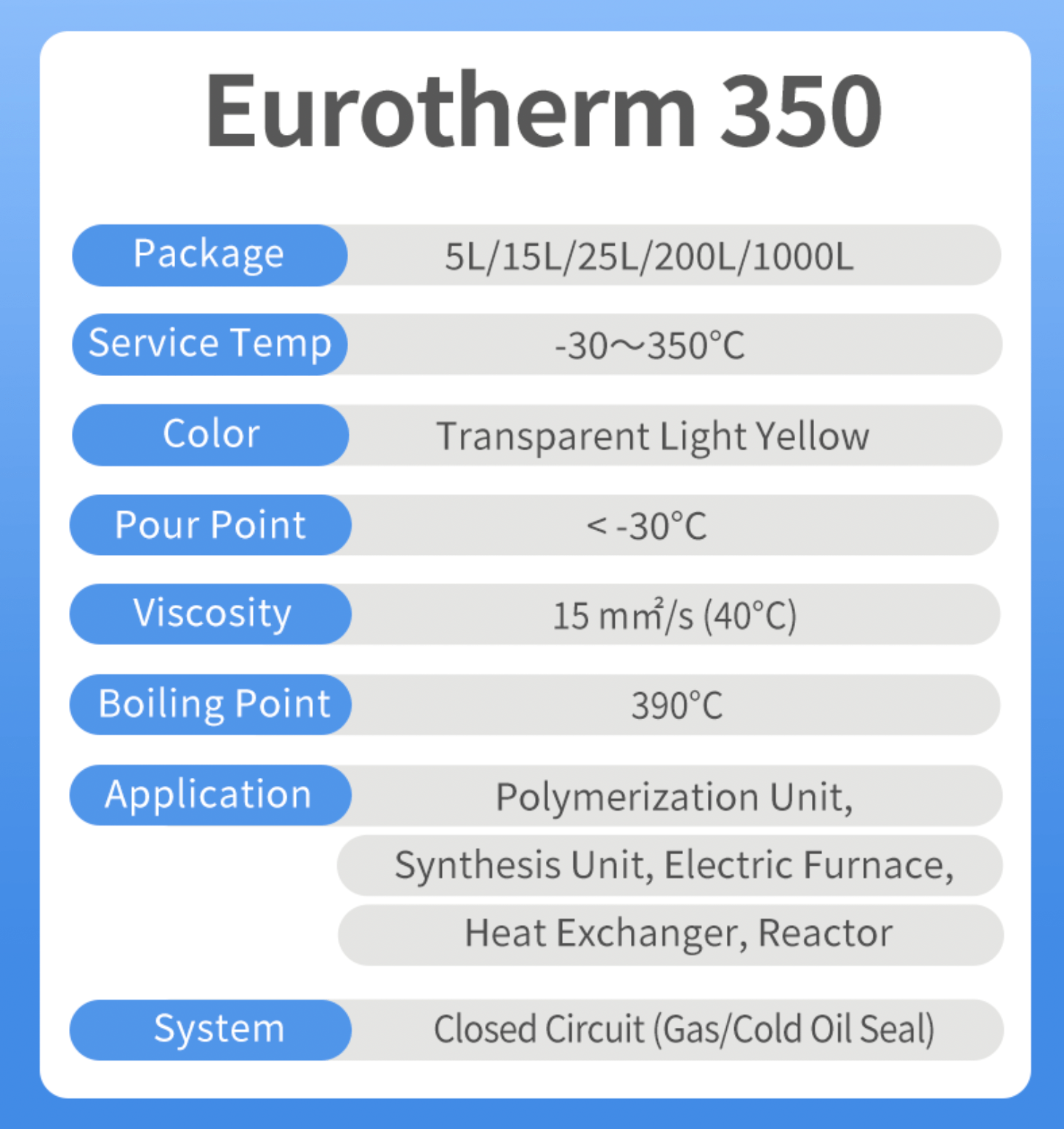The Role of Thermal Oil in High-Temperature Systems
The Role of Thermal Oil in High-Temperature Systems
Blog Article
Optimize Your System's Life-span With the Right Heat Transfer Fluid
Selecting the appropriate warm transfer liquid is vital for enhancing system efficiency and durability. The best liquid not only boosts thermal effectiveness however likewise alleviates possible damage on important components such as pumps and warm exchangers - silicone oil. Understanding the different kinds of heat transfer fluids and the particular demands of your application can considerably influence the general wellness of your system. Yet, many forget key elements that could make a significant difference. What considerations might you be missing that could inevitably influence your system's effectiveness?
Value of Heat Transfer Fluids

Moreover, heat transfer liquids add to the safety and security and reliability of thermal systems. Additionally, the best warm transfer liquid can offer defense against deterioration and scaling, more expanding the life-span of machinery and infrastructure.
Sorts Of Heat Transfer Fluids
Different sorts of heat transfer fluids are generally utilized in industrial applications, each tailored to specific functional requirements and temperature arrays. The most common groups consist of water, oils, and specialized synthetic fluids.
Water is frequently utilized as a result of its superb thermal conductivity and accessibility; nevertheless, its constraints develop at heats and prospective freezing problems. For higher temperature applications, thermal oils, such as mineral oils or organic substances, are utilized. These oils supply exceptional thermal security and can run successfully at elevated temperatures, making them ideal for processes like food processing and petrochemical production.
Synthetic fluids, which can be either organic or not natural, are made to fulfill details performance requirements. They commonly exhibit improved residential properties such as low toxicity, large temperature level arrays, and resistance to oxidation. Examples consist of esters and glycols, which are suitable for specialized applications like solar thermal systems and warm exchangers.
Additionally, cooling agents are made use of in cooling systems, leveraging their phase modification buildings to soak up and release warm effectively. Each type of heat transfer liquid provides unique advantages and is selected based upon the certain requirements of the application, guaranteeing optimum performance and system durability.
Factors to Consider When Picking
Choosing the ideal warmth transfer liquid includes cautious factor to consider of numerous variables to make sure optimal efficiency and system performance. One of the key elements is the temperature level variety required for the system. Fluids vary in their thermal stability and can find here break down or lose efficiency outside particular temperature level restrictions.
One more crucial consideration is the fluid's thickness, as it influences pump performance and power intake. A fluid that is too viscous may impede blood circulation and rise operational prices. In addition, the liquid's certain heat capacity plays a crucial function in determining just how successfully it can transfer warmth.
Chemical compatibility with system products is additionally vital to stop corrosion, degradation, or leakages - thermal oil. Making sure that the picked liquid is suitable with the building products can prolong the life-span of the system

Advantages of Appropriate Fluid Choice
Appropriate choice of a heat transfer liquid yields significant benefits for system performance and dependability. The best fluid boosts thermal conductivity, ensuring optimum warm transfer rates within the system. This effectiveness minimizes energy intake, leading to lower operational expenses and a decreased ecological footprint.
Furthermore, proper liquid option contributes to system longevity by preventing rust and deterioration of elements. Liquids formulated with deterioration preventions safeguard metal surface areas, therefore prolonging the lifespan of pumps, pipelines, and heat exchangers. Additionally, selecting a liquid with ideal thickness makes sure efficient flow, which is important for maintaining regular temperature circulation throughout the system.
Another essential benefit is the liquid's thermal security. A secure warm transfer fluid can run over a broad temperature array without breaking down or losing efficiency, which is crucial for systems exposed to changing thermal conditions. The ideal liquid can likewise alleviate dangers related to freezing or boiling, therefore preventing functional disturbances.
Upkeep Tips for Durability
Guaranteeing the durability of a heat transfer system requires try this attentive upkeep practices that match the advantages of appropriate fluid selection. Normal assessments are vital to determine prospective leaks, deterioration, or sediment build-up that could compromise system performance. Develop a regular timetable to analyze pipeline integrity, links, and installations, as these areas are often vulnerable to damage.

Monitoring liquid degrees and high quality is equally essential. Regularly examine for signs of contamination, such as staining or particulate issue, which can indicate degradation of the warmth transfer liquid. Carrying out regular fluid evaluation can supply insights right into its chemical homes, enabling for timely replacements when necessary.
In addition, preserving optimal operating temperatures is essential. Urge using temperature controls and sensors to prevent getting too hot, which can increase liquid deterioration and damage system components.
Last but not least, always comply with the maker's standards regarding fluid substitute periods and upkeep procedures. By devoting to these finest techniques, you can considerably enhance the operational click this link life-span of your warm transfer system, making certain reputable performance and lowering the need for pricey repair work or early substitutes.
Conclusion
To conclude, the option of an appropriate warmth transfer liquid is critical for enhancing system efficiency and long life. By understanding the various kinds of fluids and taking into consideration vital aspects such as thermal conductivity and deterioration resistance, optimal performance can be attained. Furthermore, routine maintenance and examinations play an essential function in maintaining operating problems. Focusing on these components guarantees the extensive lifespan of necessary parts, ultimately adding to an extra trustworthy and effective system.
Warmth transfer liquids play a critical function in various industrial and industrial applications by helping with the efficient transfer of heat in between surfaces.In addition, warm transfer liquids contribute to the security and integrity of thermal systems. Furthermore, the liquid's details warm capability plays an essential function in figuring out just how successfully it can transfer warmth.
The right fluid boosts thermal conductivity, making certain optimum warmth transfer prices within the system. A stable heat transfer fluid can run over a wide temperature level range without damaging down or shedding performance, which is vital for systems revealed to rising and fall thermal conditions.
Report this page